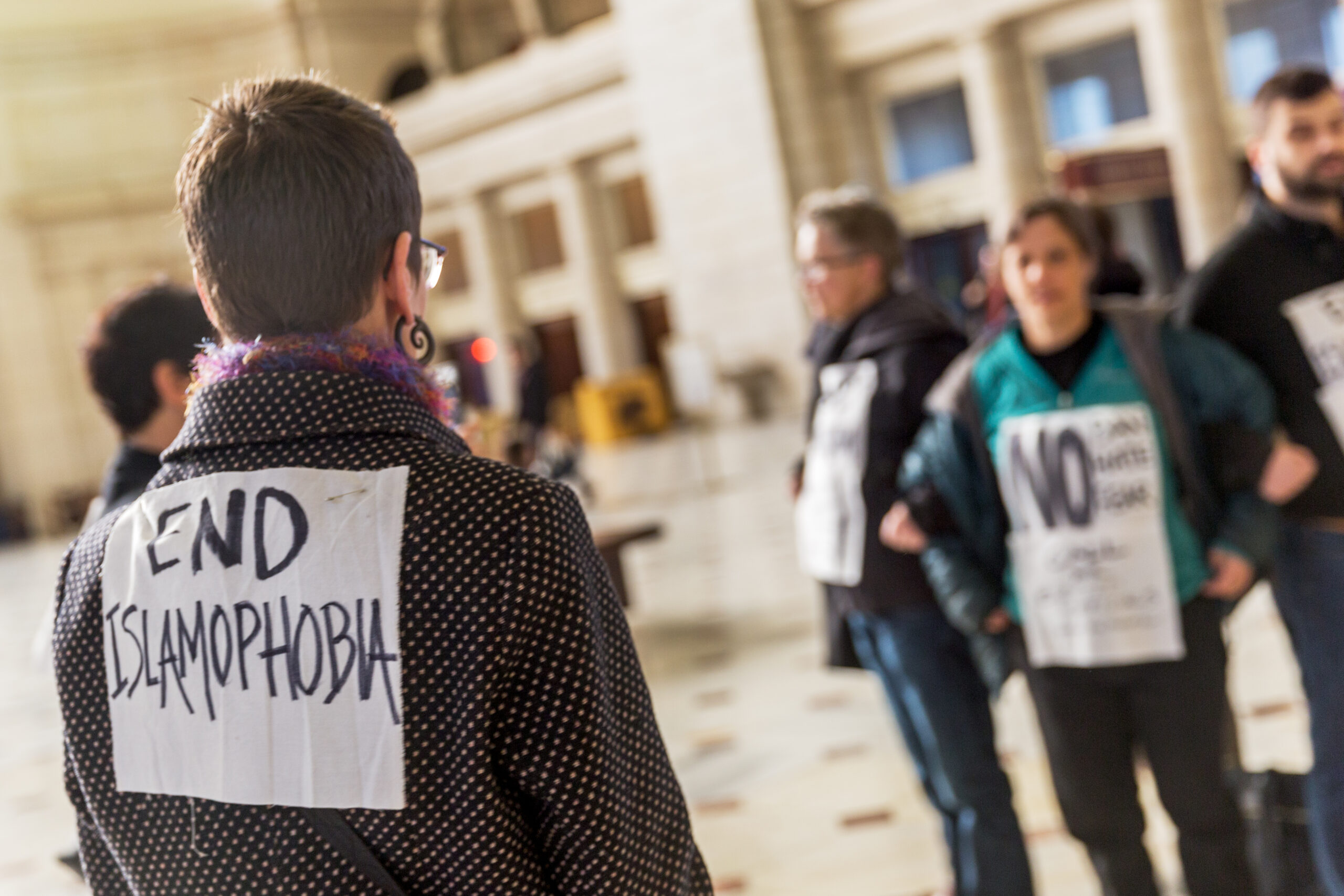Watch the video above for a summary of the issues with the Extradition Act as well as the 12 recommendations of the Halifax Proposals to fix them, and/or read the executive summary below.
Click here to read the full Halifax Proposals on Extradition Reform (PDF)
Acknowledgements and Attribution
Funding for the Halifax Colloquium on Extradition Law Reform was provided by the Canadian Partnership for International Justice (CPIJ), which is funded by a grant from the Social Sciences
and Humanities Research Council of Canada (SSHRC). The Colloquium was hosted and
hospitality was provided by the MacEachen Institute for Public Policy, Dalhousie University. The
Human Rights Research and Education Centre (HRREC) at the University of Ottawa kindly
arranged for translation of this document.
This document was prepared by Professor Robert J. Currie of the Schulich School of Law,
Dalhousie University, and represents the consensus of the participants in the colloquium.
Executive Summary
Canada’s laws on extradition are in need of reform.
Extradition is the legal process by which countries send individuals to face criminal prosecution
and incarceration in foreign countries. In Canada, extradition proceedings are conducted by the
International Assistance Group (IAG), a specialized office of Justice Canada, under the 1999
Extradition Act. Extradition is an important part of the global fight against transnational crime,
and Canada’s extradition system is administratively efficient; so far as publicly-available figures
indicate, Canada fulfills most extradition requests from other countries, and individuals who are
sought for extradition are almost always unsuccessful in challenging it.
But is this as it should be? Increasingly, Canadians are becoming dissatisfied with our extradition laws. The Meng Wanzhou case has raised questions about the government’s conduct of extradition proceedings that have significant foreign policy implications. Canadians have also raised concerns about the wrongful extradition of Dr. Hassan Diab to France in 2014. Dr. Diab, a Canadian citizen, was held in solitary confinement in a French maximum-security prison for over three years. He was released without ever being committed for trial when it became apparent that the French case against him was nowhere near ready for trial and had been profoundly flawed from the start—indeed, was too unreliable even to justify a French trial—even though the IAG had aggressively pursued his extradition.
Upon Dr. Diab’s return to Canada in 2018, Prime Minister Trudeau stated that the extradition
should never have happened, and that his government would ensure that no case like it would
ever happen again. However, an external review of the case found that all relevant laws and
policies had been followed by the IAG and the Minister of Justice. The federal government has
shown no interest in making any changes. Disturbingly, in 2021 the government of France re-instituted the prosecution against Dr. Diab, despite the acknowledgment by French courts that the evidence is completely inadequate to sustain the case.
The Prime Minister’s promise, it seems, has been broken. In light of the Diab case, among
others, it is clear that parts of our extradition process are also broken.
In September 2018 a group of academics, defence counsel and human rights organizations met at Dalhousie University for the Halifax Colloquium on Extradition Law Reform. In its deliberations this group identified a number of problems with the current system, including that:
- The “committal” process conducted by courts is inherently unfair and compromises
the ability of the person sought to meaningfully challenge the foreign case against
them. It reduces Canadian judges to “rubber stamps”; it permits extradition and
deprivation of liberty on the basis of unreliable material; - The “surrender” decision made by the Minister of Justice is the product of a process
under which fundamentally legal issues are dealt with through a highly-discretionary
and explicitly political process, which is also unfairly weighted toward extradition
and against the rights of the person sought; - The IAG is excessively adversarial in the way in which it conducts extradition
proceedings, and acts without any separation between the litigators and the decision-makers; and - Canada’s international criminal cooperation processes are generally conducted under
a veil of unnecessary secrecy, and lack of transparency is a serious problem.
The Halifax group has assembled this set of law reform proposals in order to spark a public
discussion and, we hope, Parliamentary inquiry. We propose that:
- The Extradition Act and related policies and protocols should be amended in
accordance with three general principles: fundamental fairness, transparency and a rebalancing of roles, both between the courts and the government and between constitutional/Charter protection and administrative efficiency. - As the Diab case among others demonstrates so tragically, it should not be presumed
in law that states with which Canada has extradition relations will act in good faith. - The committal process should incorporate the presumption of innocence, as well as
some legal tools that would allow the person sought a meaningful opportunity to
challenge the reliability of the case against them, including more use of first-person
evidence and cross-examination. In particular, exculpatory evidence in the hands of
either the requesting state or the Canadian government must be disclosed in a timely
manner. - The Minister’s surrender decisions should be subject to a more exacting standard of
review, and the Act should be amended to re-allocate some legal questions to the
courts. - Surrender should only be permitted if the requesting state is ready to take the case to
trial. - Canada’s obligations under international human rights law should be taken explicitly
into account throughout the process. - If diplomatic assurances are used to facilitate surrender, they must be meaningful,
transparent, monitored and legally enforceable. - The role of the IAG should be re-formulated so that its members work as traditional
“ministers of Justice,” seeking a fair and just result in each case rather than a
litigation “win.” This may involve breaking the office into different divisions to
reflect their different roles. - There should be government/Parliamentary oversight of the activities of IAG, and the
ability for meaningful public scrutiny of its activities and of the extradition process
generally. This should involve appropriate transparency and publication of data and
information. - In cases where Canadian citizens are sought for extradition but Canada could also
prosecute, extradition should be barred in favour of a Canadian prosecution unless the
government can prove that it is actually in the interests of justice to extradite. This
would give meaning to s. 6 of the Canadian Charter of Rights and Freedoms. - All of Canada’s extradition arrangements should be reviewed and subjected to public
scrutiny, on an ongoing basis. As a starting presumption, Canada should not have
extradition treaties with countries that have records of human rights abuse or have
failed to ratify human rights treaties. - The government of Canada should dedicate more resources to investigating and
extraditing alleged war criminals who are present on Canadian territory.


